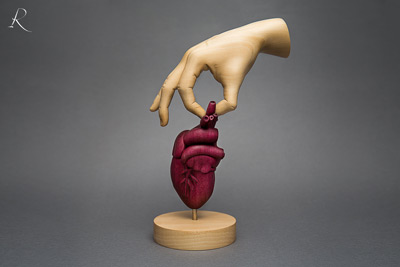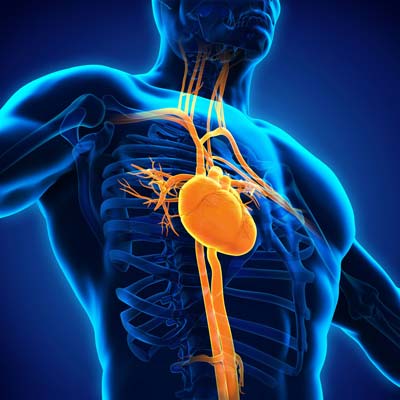
Top 10 Amazing facts about Human Heart
01. The heart begins beating at four weeks after conception and does not stop until death.
02. “Atrium” is Latin for “entrance hall,” and “ventricle” is Latin for “little belly.”
03. A newborn baby has about one cup of blood in circulation. An adult human has about four to five quarts which the heart pumps to all the tissues and to and from the lungs in about one minute while beating 75 times.
04. The heart pumps oxygenated blood through the aorta (the largest artery) at about 1 mile (1.6 km) per hour. By the time blood reaches the capillaries, it is moving at around 43 inches (109 cm) per hour.
05. Early Egyptians believed that the heart and other major organs had wills of their own and would move around inside the body.
06. The term “heartfelt” originated from Aristotle’s philosophy that the heart collected sensory input from the peripheral organs through the blood vessels. It was from those perceptions that thought and emotions arose.
07. Prolonged lack of sleep can cause irregular jumping heartbeats called premature ventricular contractions (PVCs).
 08. Cocaine affects the heart’s electrical activity and causes spasm of the arteries, which can lead to a heart attack or stroke, even in healthy people.
08. Cocaine affects the heart’s electrical activity and causes spasm of the arteries, which can lead to a heart attack or stroke, even in healthy people.
09.Galen believed that the heart acted as a low-temperature oven
10.Galen of Pergamum, a prominent surgeon to Roman gladiators, demonstrated that blood, not air, filled arteries, as Hippocrates had concluded. However, he also believed that the heart acted as a low-temperature oven to keep the blood warm and that blood trickled from one side of the heart to the other through tiny holes in the heart.
11. Galen agreed with Aristotle that the heart was the body’s source of heat, a type of “lamp” fueled by blood from the liver and fanned into spirituous flame by air from the lungs. The brain merely served to cool the blood.
12. In 1929, German surgeon Werner Forssmann (1904-1979) examined the inside of his own heart by threading a catheter into his arm vein and pushing it 20 inches and into his heart, inventing cardiac catheterization, a now common procedure.
13.On December 3, 1967, Dr. Christiaan Barnard (1922-2001) of South Africa transplanted a human heart into the body of Louis Washansky. Although the recipient lived only 18 days, it is considered the first successful heart transplant.

















